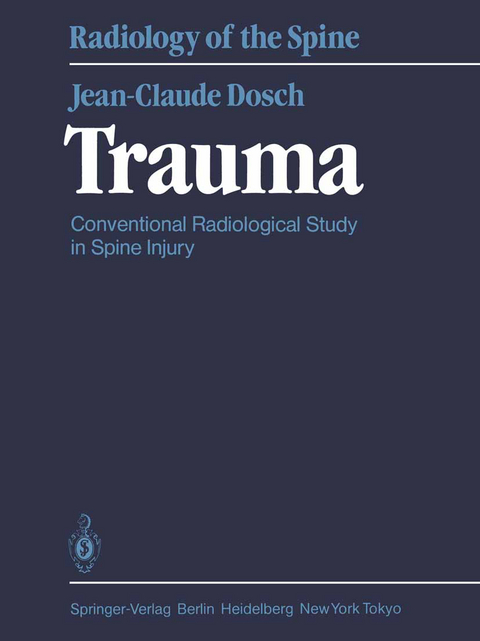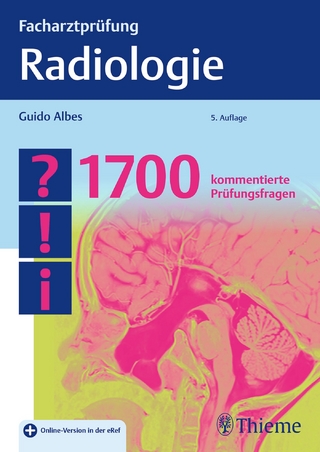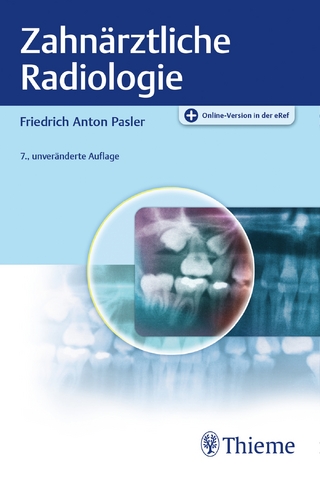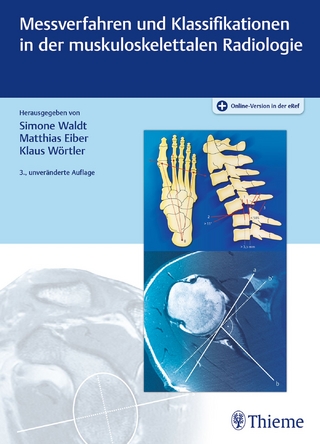
Trauma
Conventional Radiological Study in Spine Injury
Seiten
2012
|
Softcover reprint of the original 1st ed. 1985
Springer Berlin (Verlag)
978-3-642-45582-7 (ISBN)
Springer Berlin (Verlag)
978-3-642-45582-7 (ISBN)
Progress in traumatology of the vertebral spine has been restrained for a long time by two hindering factors. The first obstacle is presented by the differences in approach and a conflict of competences. The neurosurgeons, considering only the spinal chord, have confined themselves to indications for laminectomy, an insufficient and usually ineffective intervention. The orthopedic surgeons, on the other hand, obsessed by the fear of medullary lesions, have long hesitated to apply the fundamental rules for the treatment of fractures, namely precise reduction followed by strict immobilization, thus depriving themselves of the efficacy of radiculomedul lar decompression and of the protection this procedure affords to these structures when they are themselves involved in the trauma. Taking these facts into account, together with the rather poor results of laminectomy, the specialists have wisely and successfully recommended that one should abstain from treating the initial lesion, but rather attenuate the damage by appropiate nursing care and adequate reeducation. The second hindering factor was the insufficient knowledge of the extreme complexity of the anatomic lesions. This explains the orthopedists' relative caution; one only treats well what one knows well. More precise analysis of the lesions, not only of the bones but also of the joints, i. e., the osteofibrous involvement, is mainly based on strict radiologic semiology, which is rendered difficult because these structures are simultaneously affected. We are greatly indebted to Dr. DOSCH, radiologist at our Center, for having untertaken this difficult task, using all available conventional radiologic techniques.
1 Descriptive and Functional Anatomy.- A. Descriptive Anatomy.- B. Functional Anatomy.- 2 Trauma of the Cervical Spine.- A. Radiologic Investigation Techniques.- B. Correlations Between Incidence and Radiographic Image.- C. Guide for Interpretation.- D. Basic Radiosemiology of Cervical Lesions.- 3 Traumas of the Thoracic and Lumbar Spine.- A. Radiologic Investigation Techniques.- B. Elementary Radiosemiology.- IV. Soft Parts.- 4 Comprehensive Study.- A. Lesional Diagnosis.- B. Dynamic Functional Diagnosis.- C. Genesis of Lesions.- 5 Classification.- A. Lesions Caused by Distraction Forces.- B. Lesions Caused by Compression.- C. Lesions Caused by Rotation.- D. Lesions Caused by Shearing Movements.- Conclusions.- References.
| Erscheint lt. Verlag | 23.2.2012 |
|---|---|
| Reihe/Serie | Radiology of the Spine |
| Zusatzinfo | XIV, 98 p. |
| Verlagsort | Berlin |
| Sprache | englisch |
| Maße | 210 x 279 mm |
| Gewicht | 303 g |
| Themenwelt | Medizinische Fachgebiete ► Radiologie / Bildgebende Verfahren ► Radiologie |
| Schlagworte | Decompression • Fracture • Hand • spine • Trauma • trauma surgery • traumatology |
| ISBN-10 | 3-642-45582-4 / 3642455824 |
| ISBN-13 | 978-3-642-45582-7 / 9783642455827 |
| Zustand | Neuware |
| Informationen gemäß Produktsicherheitsverordnung (GPSR) | |
| Haben Sie eine Frage zum Produkt? |
Mehr entdecken
aus dem Bereich
aus dem Bereich
Buch (2023)
Thieme (Verlag)
190,00 €


